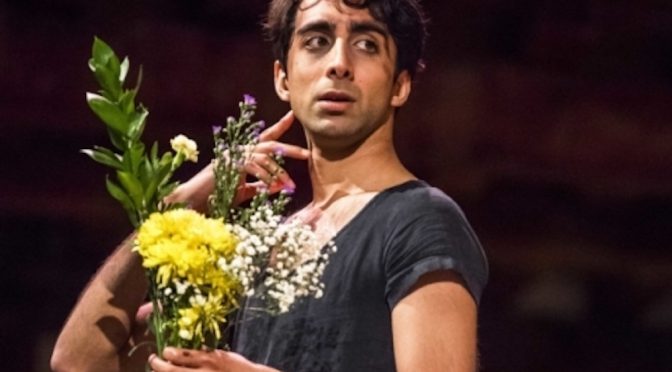The Globe Theatre’s opening two shows of the 2018 season (and opening shows of the tenure of new artistic director Michelle Terry) are ‘gender blind’. It’s a phrase that’s deployed freely now in discussions about casting, usually referring to women being cast in male roles, usually in plays by Shakespeare and other canonical writers. But it’s not used with much consistency: Terry and her company use it to describe their approach to casting, in which both men and women are cast in roles that do not match their own gender, but play them as written. It has also been used to describe casting women in male roles that are then played as women.
The attention paid to gender in all of these productions seems to undermine what the phrase ‘gender blind’ clearly suggests: that the actor’s gender will go unseen.
What’s less clear is whether this lack of sight is meant to apply to the artists or the audience. It’s worth noting this term has been critiqued as ableist, but as it remains a phrase used by the production and criticism industries, we should explore the implications of its suggestion that we do not simply ignore, but literally do not see gender in these productions.

